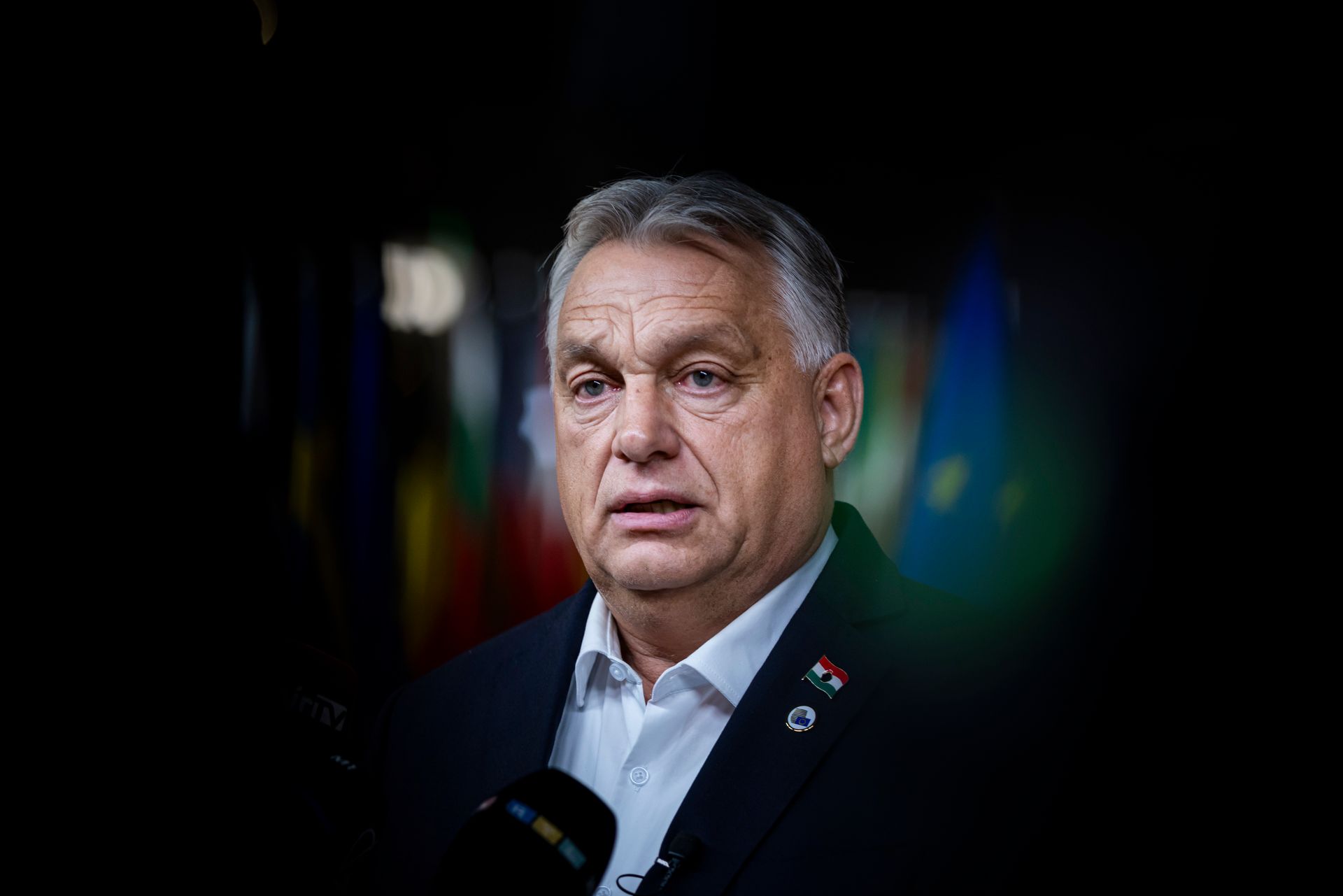EU tightening visa rules for Russian nationals, citing security risks

The European Commission adopted stricter rules on issuing visas to Russian citizens, who will be largely banned from receiving multi-entry visas, the EU announced on Nov. 7.
The move follows an assessment that Russia's war against Ukraine has notably increased security risks connected to Russian visa applicants, including a potential misuse for espionage, sabotage, or propaganda.
Exemptions may be applied in humanitarian cases, such as those involving dissidents, journalists, human rights defenders, and their families.
Family members of EU citizens, Russian citizens who are legally residing in the EU, and certain professionals, such as transportation workers, may also be exempt.
"The EU is tightening visa rules for Russian nationals amid continued drone disruptions and sabotage on European soil," top EU diplomat Kaja Kallas said. "Travelling to the EU is a privilege, not a given."
The EU also said that visa applications by Russian nationals must be "scrutinised thoroughly and frequently" in order to "mitigate threats to public policy or internal security."
The Russian Foreign Ministry denounced the move, with spokesperson Maria Zakharova commenting that Europe apparently does not need "wealthy tourists" when it has "migrants" and "draft dodgers" from Ukraine.
Since the outbreak of Russia's full-scale invasion of Ukraine in 2022, the European Union has tightened entry rules for Russian citizens.
However, issuing visas remains the prerogative of individual member states, so the EU cannot impose a complete ban on Russian entry.
The EU is also reportedly planning to limit the movement of Russian diplomats in response to espionage and sabotage linked to Moscow.
European governments have been raising alarm over a surge in hybrid operations targeting Ukraine's partners in the EU and NATO, including arson, cyberattacks, infrastructure sabotage, and drone incursions.
Western intelligence agencies have blamed Moscow-backed operatives, many of whom reportedly work under diplomatic cover, for coordinating these provocations.














